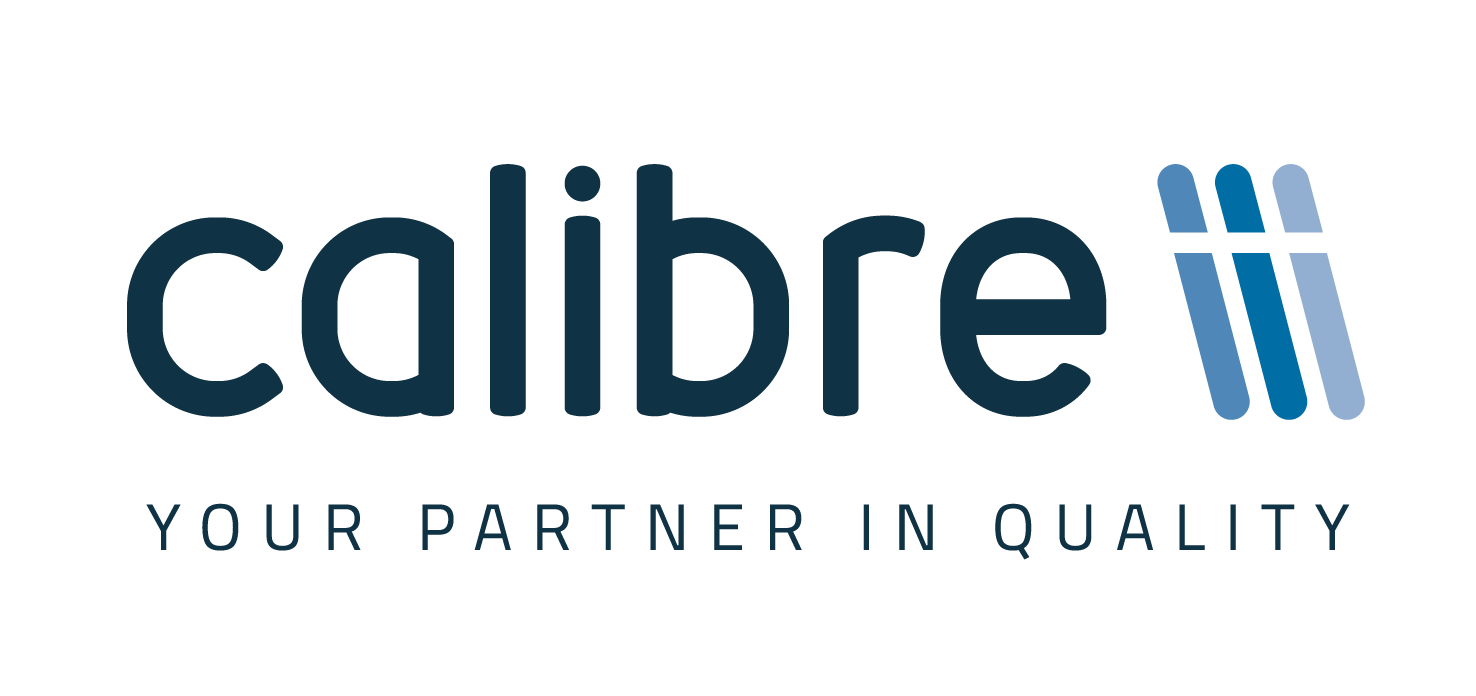Why you should prioritise nutrition testing
Consumers are becoming increasingly conscious of the nutritional value of their food. Taking a quick look at the nutritional label on food is now a habit for many people. Some people will deliberately avoid products with higher levels of salt, sugar or fat. Some may have food allergies. The legislation regarding food labelling also requires that manufacturers include a range of information. Most of this can only be found through rigorous testing.
Nutritional testing can assist food manufacturers in ensuring that their products contain the right amount of amino acids, fatty acids, carbohydrates, minerals, vitamins, anti-nutrients, enzymes and a range of other critical ingredients.
The nutritional analysis gives manufacturers accurate information about the nutritional content of their food products. This gives manufacturers the details they require in order to include them on food packaging and labelling. This then ensures that the manufacturer is meeting their compliance responsibilities. Nutrition testing is not only good practice, it also has a broader public health role.
What is tested?
Proper nutritional analysis of food allows the nutritional composition to be scientifically determined and measured. Using a range of tools the protein and nutritional content of foods can be assessed. This can include:
Fats - this can include analysing saturated, monounsaturated, polyunsaturated, trans fats, omega 3 & 6.
Protein content
Carbohydrates - this can include sugars, inulin, starch, polysaccharides, polyols.
Mineral matter
Dietary fibre
Salt
Alcohol
Trace metals and other trace elements
Vitamins
Antioxidants
Additives - including preservatives, antioxidants, colours, sweeteners, emulsifiers, stabilisers and gelling agents.
Organic acids such as lactic, citric, malic etc
This can help manufacturers meet their compliance responsibilities and shape product development.
What nutrition information do you need to declare?
The legislation outlines what nutritional information food manufacturers need to provide on their products. The minimum requirements you’re required to show are:
Energy value
Amounts of fat, saturates, carbohydrates, sugars, salt and protein.
This is the bare minimum and frequently manufacturers will choose to highlight a range of other information. This can help consumers make more informed choices, flag up potential issues for anyone with food allergies or other food-related concerns, and provide a measure of product consistency.
The mandatory declaration can be supplemented with a range of additional information. This might include an indication of the amounts of one or more of the following ingredients:
Monounsaturates
Polyunsaturates
Polyols
Starch
Fibre
Certain minerals and vitamins that are present in significant amounts.
Certain foods will be exempt from this requirement and relate mainly to minimally processed foods and those with very little nutritional value. You can find out more about the regulations surrounding food manufacture and sale at the government website
Nutrition is important to consumers
While there may be a market for food with very little in the way of nutritional value, increasingly consumers are aware that nutrition is important. In fact, healthy eating and living have never had a higher profile. The nutritional value of food will impact on how it’s perceived and valued by consumers. Products with consistently high nutritional value can often command a higher price with consumers willing to pay more for nutrient-rich foods.
With a growing market for nutrient-rich food and for better consumer information, manufacturers need to embrace enhanced testing as a matter of course. Companies who are proactive about testing and nutrition are likely to see benefits in regard to their consumers. If you want to make nutrition a key selling point of your brand you need accurate information to give to your consumers.
Nutritional analysis can help shape product development
With this growing consumer awareness about the value of nutrition, even well-established legacy brands are now offering products with higher nutritional content and marketing them as such. Better nutrition is likely to become an even more important marketing angle for food brands over the coming years. With that in mind, understanding how nutrition works, and how it can feature in your products is important. Nutritional testing and analysis can help determine the nutritional composition of current products and give pointers as to how that might be improved in new product developments.
Advances in testing technology can save you money
Testing technology has never been smarter, faster and more accurate. These more advanced testing methods and technology ultimately mean that less time needs to be spent on research and quality assurance. This makes it easier for companies to meet their compliance requirements while giving them the opportunity to refine their products. It can also encourage manufacturers to go beyond the minimum testing required to ensure the safety of their product, and compliance methods.
Advanced testing techniques can ultimately lead to better food being available to consumers without it adding too much in the way of extra costs to the manufacturing process.
To find out more about how our range of food testing equipment can save you time, money and resources while creating better products, call +44 (0) 1925 860 401 or email info@calbirecontrol.com
